What are the entrepreneurship trends nowadays?
Entrepreneurship trends in 2017
Entrepreneurship is clearly on the rise. More entrepreneurs start new ventures and consider entrepreneurship as a career option. Yet, what are the differences between how businesses are conducted between different parts of the world and how to prepare for that? Read on.
Entrepreneurship is defined as an individual’s ability to turn ideas into action. It is comprised of creativity, innovation, risk-taking, the ability to plan and manage projects to achieve objectives. Unless we talk about social entrepreneurship, this process is supposed to be done in a profitable way.
Entrepreneurship is growing in popularity as more countries worldwide realize the importance entrepreneurs play in improving their local economies. As the regions prosper, the global economy grows, too.
Currently, the economic growth rate remains modest. According to the International Monetary Fund, last year it was 3.1% and it is expected to reach 3.4% in 2017 and 3.6% in 2018, respectively.
Therefore, blossoming of entrepreneurship is in the best interest of all countries as this would eventually lead to the creation of new jobs and new opportunities to improve the infrastructure and quality of services.
Thus, over the past 3-5 years, the topic of entrepreneurship has received a serious attention from policy-makers worldwide as more entrepreneurship supporting initiatives are rolled out.
For example, Europe has introduced the Horizon 2020 program, the USA rolled out Federal Investment Programs to assist young US-based companies, and China is currently implementing state-backed programs to remove roadblocks to make entrepreneurship go mainstream.
Aside from the government authorities, there are hundreds of accelerator programs and startup initiatives that make capital and mentoring available to starting entrepreneurs than ever. Currently, Europe is leading the pack in terms of the number of accelerator and incubator programs available to entrepreneurs.
For example, emlyon business school, one of the top European business school, even runs its own startup incubator to groom the next generation entrepreneurs who have an international mindset.
On top of this, business schools make entrepreneurship an obligatory part of the study curriculum and offer accelerator and incubator programs to current students and graduates.
Even though the speed at which startup ecosystems develop internationally is different, most of the startup programs are looking for startups that offer technological and high-impact solutions. Most of the time it means that operations of such venture can be conducted digitally and remotely.
This means that eventually the most attractive ecosystem in terms of accessibility of mentors, prospective clients and investors gets the attention of the promising startups.
The perception of entrepreneurship also changes and it especially is cherished among the Millennials. There is a term – Millennial entrepreneurs, or millenipreneurs – that refers to 18-35-year-old professionals working on their own ventures.
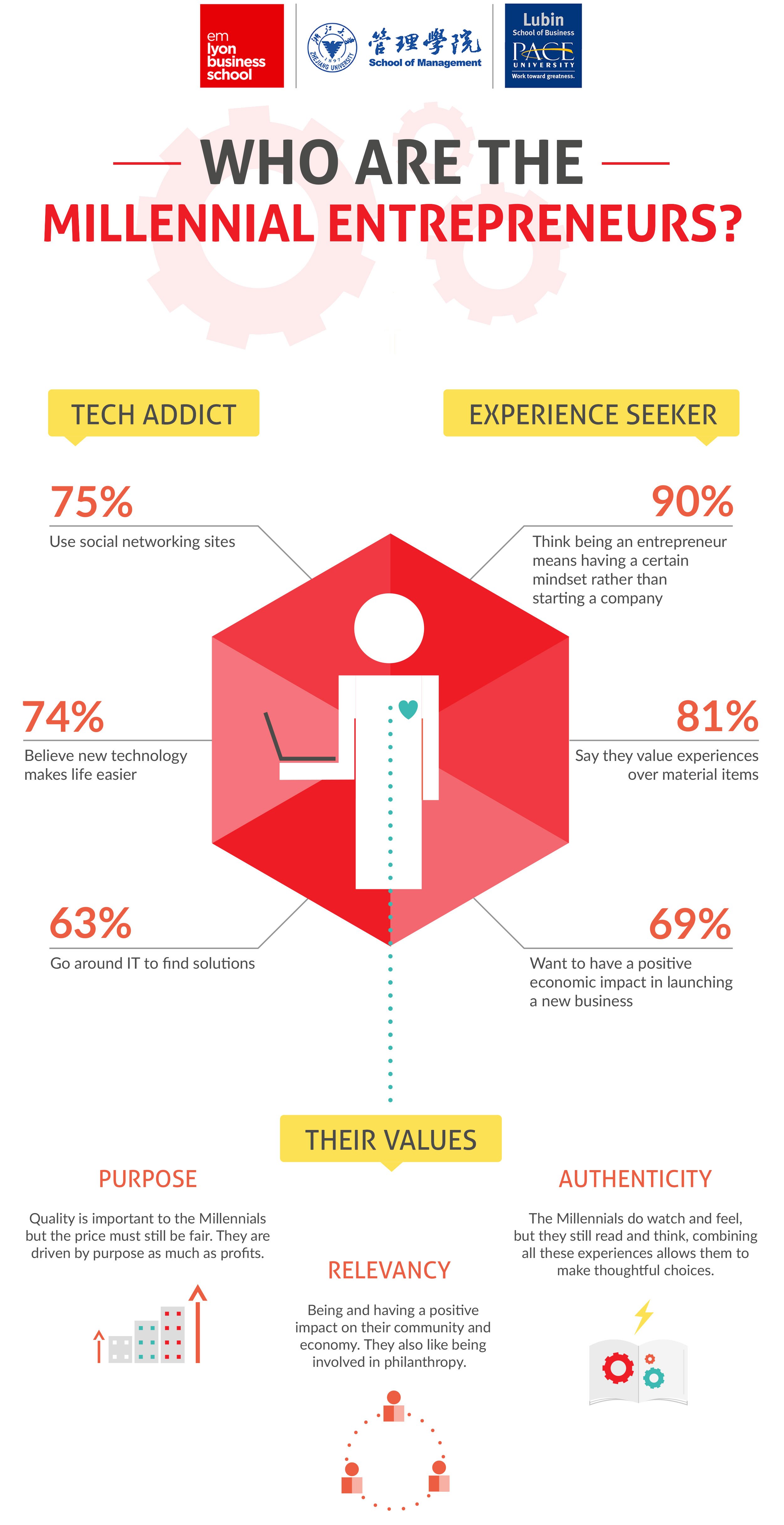
The state of globalization
Before zooming on the regions of the world, let’s have a look at the global context, since it makes an impact on the local entrepreneurship trends. To learn the global entrepreneurship trends, we can look at the current state of globalization.
This process implies that businesses or any other organizations are able to conduct their operations on an international scale and create an international presence and influence. While globalization is not a new concept as it has been mainstream for over the past 30 years already, it is going to continue evolving further.
While there are critics of globalization and there are undeniable repercussions of globalization, the cross-border exchange of goods and ideas has resulted in abundant and constantly emerging opportunities for new companies to grow.
Therefore, entrepreneurship and globalization go hand in hand. Here are just 3 of the most vital ways how.
1. Globalization eases technology entrepreneurship
The international cooperation reinforces the rise of innovation ecosystems. This might include engagement between new ventures, small and medium companies and large corporates.
2. Globalization facilitates transnational entrepreneurship
Diaspora networks of émigrés to various countries take what they have learned in corporations and use it to create their own businesses in the same or similar sectors.
3. Globalization promotes social entrepreneurship
This involves creating wealth while simultaneously addressing pressing societal problems such as environmental degradation, poverty, and poor health.
Thanks to the technological progress, the barriers to starting a tech company have become low and it is even easier to conduct business on an international scale than ever. This fact alone contributes significantly to making running businesses over the border easier.
Entrepreneurship trends in 2017: Overview of the top 3 largest startup ecosystems
To look at how the startup ecosystems react to these global entrepreneurship trends, let’s have a look at the Top 3 largest economies in terms of the GDP size: the USA, the European Union, and China.
Entrepreneurship trends in Europe
With the sluggish economic growth, the European Commission puts lots of time and resources into supporting the economy on the continent. Currently, small and medium enterprises account for 99% of all businesses in the EU, while creating a whopping share of 85% of new jobs.
Even though Europe has well-established innovation hubs like Berlin or Paris, other cities of Europe compete for the attention of the promising entrepreneurs. For example, according to Startupheatmap, Lisbon is the #1 city in terms of creating a “tech buzz” after the government announced investing over 200M euros into startups and Portugal hosted Web Summit, the largest tech conference in the world.
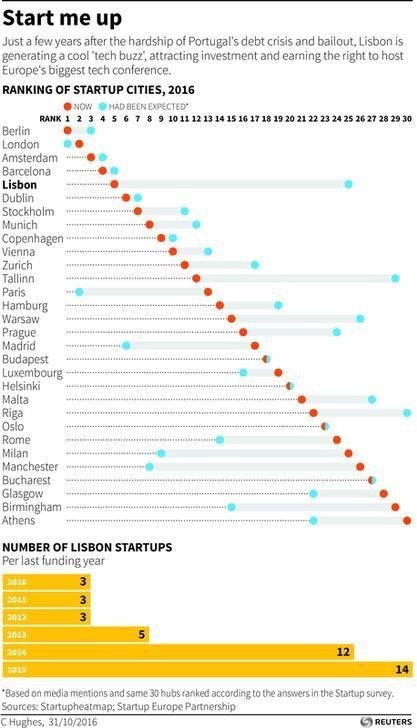
The academic world plays its part, too, as more and more European universities offer entrepreneurship programs to raise more savvy entrepreneurs.
According to Alain Fayolle, professor in entrepreneurship at emlyon business school and author of “Handbook of Research on Entrepreneurship”, we are currently living through another wave of entrepreneurship.
“Today, with business schools as the center or hub, we are seeing the third wave of growth, which is across individual campuses rather than jumping from one university to another”
Which means that universities are going to play a more prominent role in shaping the startup ecosystems in Europe and beyond.
And these efforts have already yielded tangible results.
The research teams of Atomico, an international venture capital firm, and Slush, a non-profit student-run startup events management organization, put together a comprehensive report about the current state of the European tech companies.
The main conclusion is that today is the best time to become an entrepreneur in Europe thanks to the rising number of startup-supporting initiatives, improving access to capital and abundance of talent on the European continent.
Entrepreneurship trends in the USA
The US benefits from being the largest economy in the world and it has a considerably better macroeconomic landscape compared to Europe.
Historically, the US has been considered the trendsetter when it comes down to entrepreneurship trends because of the appeal of “the American dream”; the presence of Silicon Valley, home of the many well-admired and international companies; and popular TV Series like Shark Tank or Silicon Valley.
As a result, the entrepreneurship trends in the USA affected the development of the startup ecosystems abroad.
The Kauffman foundation designed the Growth Entrepreneurship Index to measure the health of the startup environment in the USA, and, currently, it shows that it is rebounding after a slump in 2013 and it is expected to continue rising.
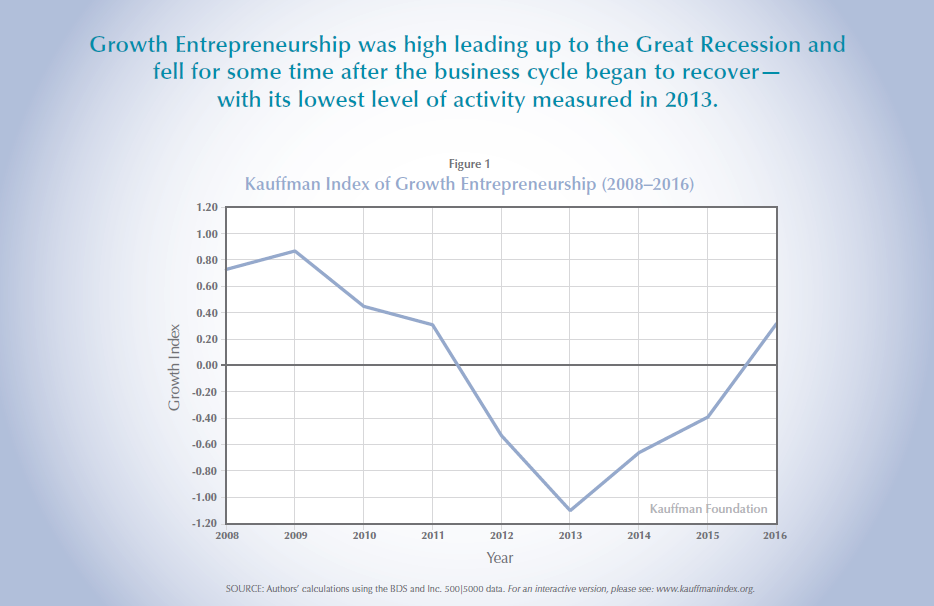
The Index consists of the following 3 indicators:
- Rate of startup growth captures how much, on average, the cohort of startup businesses grow in employment in their first five years of operation.
- Share of scaleups looks at the number of companies that grow to employ at least fifty people in the first ten years after creation (defined as scaleups), as a percentage of all employer firms ten years and younger.
- High-growth company density looks at the number of high-growth private companies in an area. To fit into at least 20 percent annualized growth over a three-year period with at least $2 million dollars in annual revenue.
Steve Case Chairman and CEO, Revolution LLC and Co-Founder of America Online also mentions that we are amidst the third wave of entrepreneurship. The business executive even wrote a book titled the “Third Wave”.
“I predict that entrepreneurs are on the cusp of rapidly transforming healthcare, education, food, and transportation—even the very nature of work itself.”
The co-founder of America Online thinks that this wave will be dramatically different and more consequential.
Techstars, the second largest accelerator in the US, also shared insights on the most popular trends in the US startup ecosystem. Currently, these are: 1) BitCoin/BlockChain; 2) CyberSecurity; 3) AI/Big Data, and 4) IoT.
First Round Capital, one of the prominent US-based venture capital firms, surveyed the US startup founders to take the snapshot of the recent developments among young companies.
The report of the firm reveals many fascinating findings.
For example, it is a common assumption that startup founders in their 20ies set up companies – especially after the success stories of Mark Zuckerberg, founder of Facebook, and Evan Spiegel, founder of Snapchat. Yet, the survey result shows that the median age is in the mid-30ies.
Virgin conducted its own research on the world’s best startup hubs, and New York appeared as the most favorable city in the US to start a startup.
The report cited that even though starting a business in New York is expensive, time-consuming and bureaucratic (Europe is far more advanced in this regard), joining a startup hub like New York is an absolute must for a US business to achieve rapid and international scaling.
Entrepreneurship trends in China
Now, because of the change of the geopolitical landscape, China, the world’s second-largest economy, has the opportunity to become a leading economy advocating for globalization and free trade. At the same time, China continues investing billions of euros into supporting innovation and promoting entrepreneurship.
The success of the Chinese economic growth can be attributed to carefully thought-out policies and a relentless commitment to turn them into a reality. To make entrepreneurship a hot trend, the Chinese government introduced a series of programs to drive innovation.
One of such programs is called Torch. According to Steve Blank, a Silicon Valley serial entrepreneur, Torch Program from MOST – the Ministry of Science and Technology – is the most successful entrepreneurial program in the world if you look at its size, scale, and commercial results.
Of all the state-backed entrepreneurship programs, the Torch Program is the one that fostered the Chinese high-tech innovation and startups.
In the last decade, Torch managed to break free of China’s state central planning bureaucracies. Of all the Chinese innovation programs, Torch is the one that was run like a startup – iterating and pivoting as it learned and discovered. This enabled Torch to evolve with China’s rapidly global economy.
Torch has four major parts:
- Innovation Clusters.
- Technology Business Incubators (TBIs).
- Seed Funding (Innofund).
- Venture Guiding Fund.
And there is still plenty of room left for growth and expansion. The infographic of WeAreSocial reveals that the digital economy is still evolving and it presents plenty of opportunities for the Chinese startups to innovate.
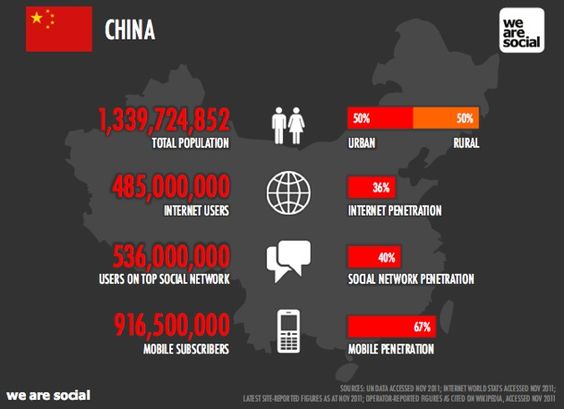
These efforts clearly yield tangible results.
When thinking about the most developed tech hubs in China, cities like Beijing, Shanghai and Shenzen come to mind. Historically, these metropolises attracted international corporations and there are clear benefits of operating for these top-tier cities. Yet, as more Chinese companies expand abroad (think of Alibaba’s IPO, the largest public offering in stock market history), other cities like Hangzhou become attractive to emerging entrepreneurs (Alibaba’s headquarters are located there).
Becoming an internationally-minded entrepreneur
The above-mentioned entrepreneurship trends show that to be successful as an entrepreneur, it is essential to be aware of the technological trends, take advantage of the networks and resources available within the nearby startup ecosystems and keep the mind open to ideas which might come from abroad.
And last but not least, seize opportunities to start and expand a business in your preferable field.
Want to learn how exactly? Then you might want to prepare yourself by attending an entrepreneurship program such as the Global Entrepreneurship Program 2017. The purpose of this program is to equip you with skills and tools to become a successful entrepreneur, may it be through new venture creation, social entrepreneurship, corporate development or family business.
This 16-month program is designed and supported by emlyon business school (Lyon, France), Zhejiang University (Hangzhou, China) and Pace University (New York, USA), business schools that have credibility as experts in Global Entrepreneurship.
Thanks to the strong network of global entrepreneurs, the business projects you will work on during the program and the intercultural skills you will develop, the Global Entrepreneurship Program will truly allow you to reach your ambitions all the while providing you with a unique experience.
How do graduates perform after the program? Check out the program blog and the program description to learn more.
What do you think? Have you noticed the same entrepreneurship trends? How do you find these differences between the startup ecosystems of the world’s largest economies? Let me know in the comments below.
For more business tips, check our entrepreneurship section and subscribe to our weekly newsletters.

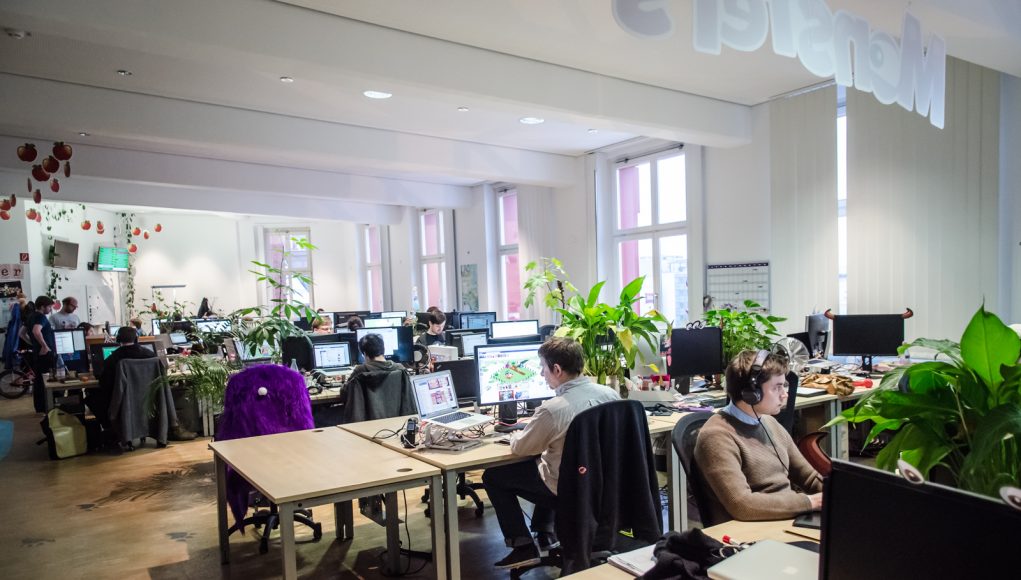
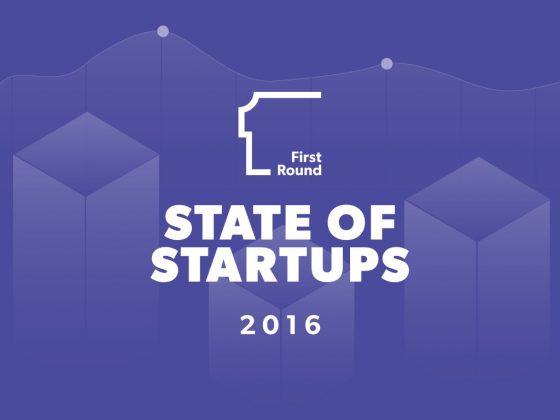
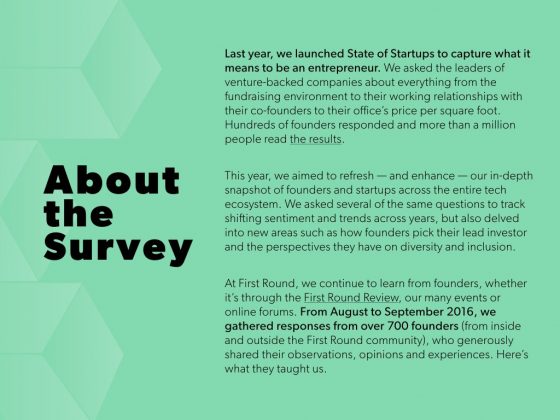

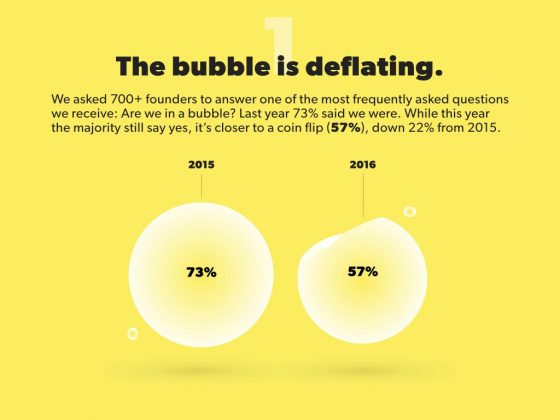
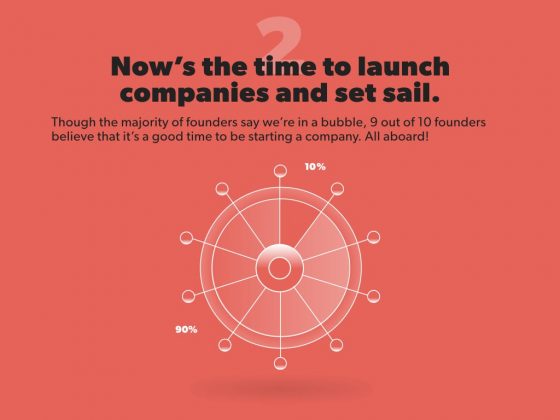
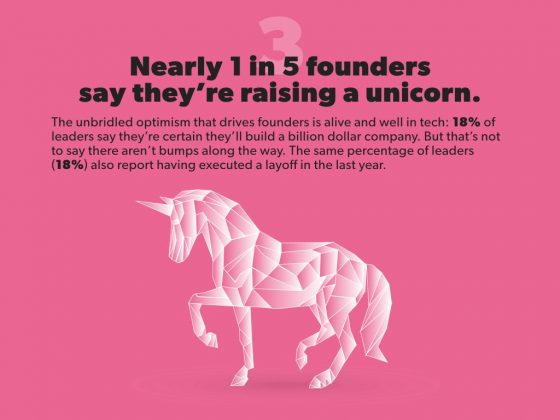
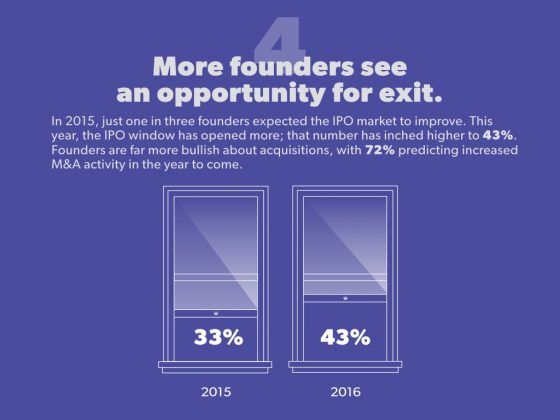

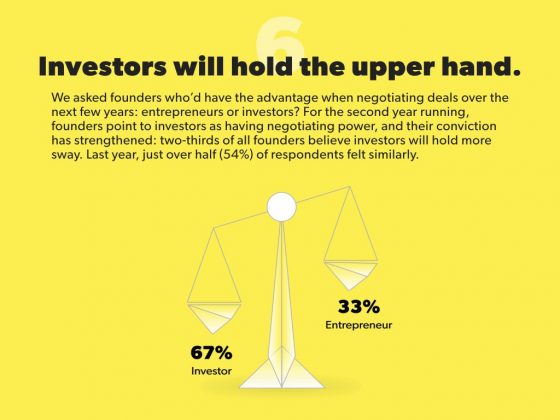
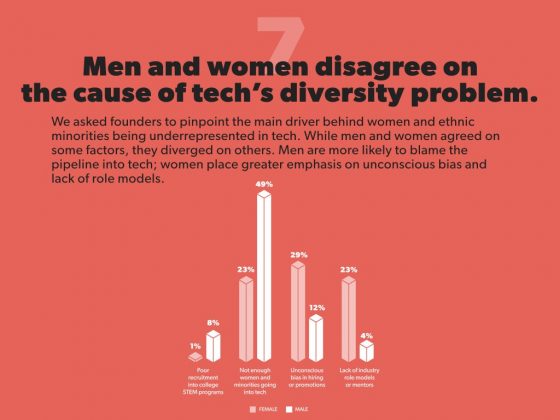


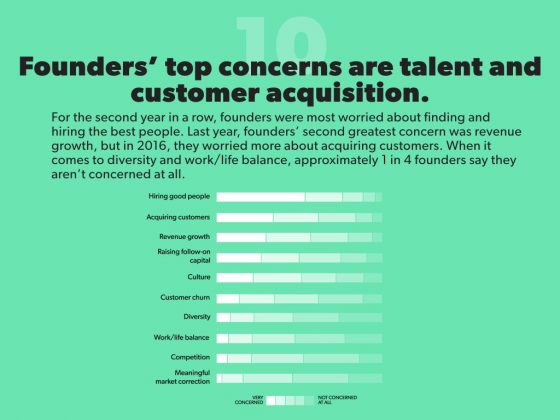

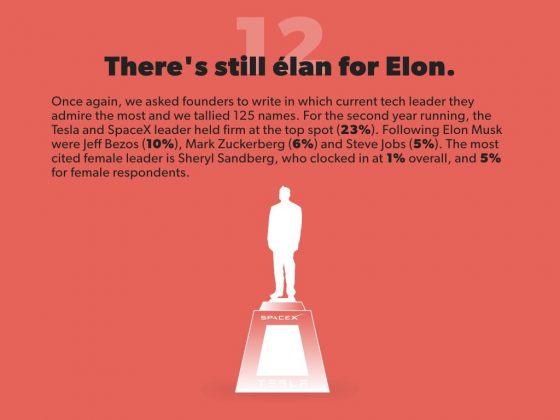


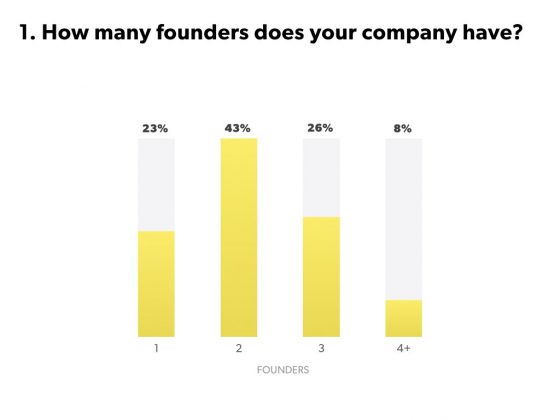
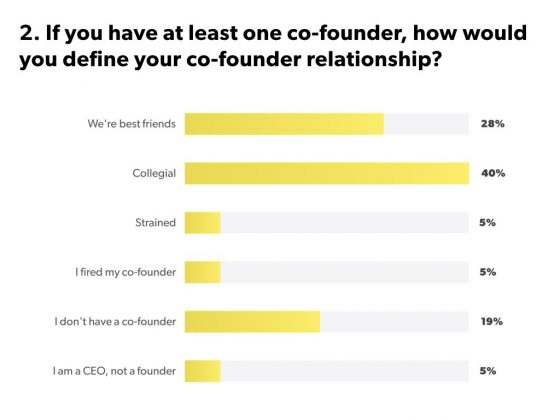
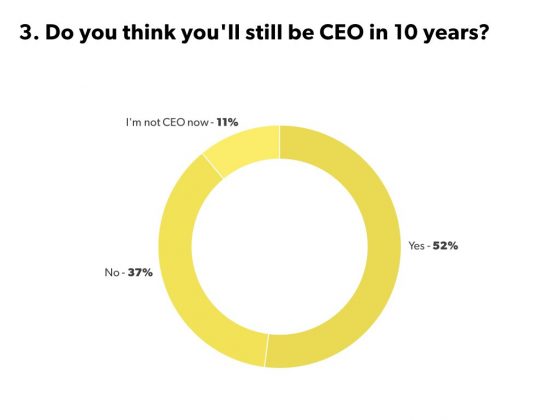
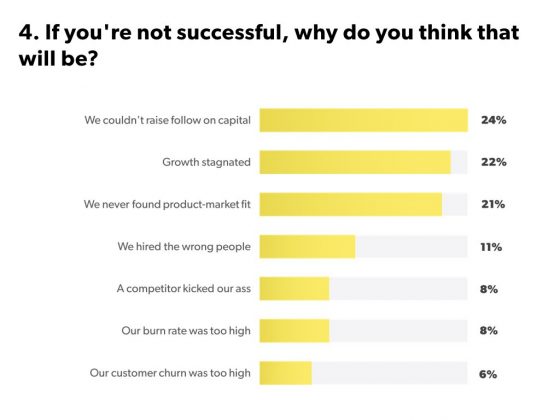

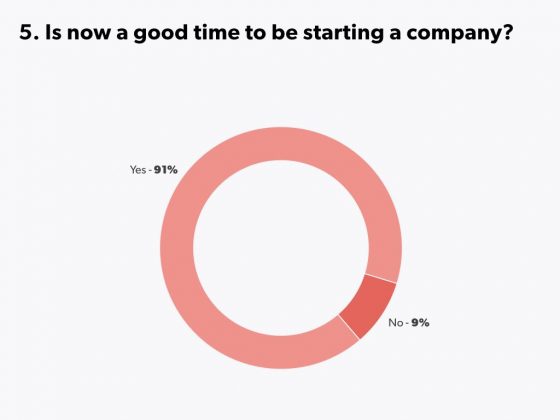
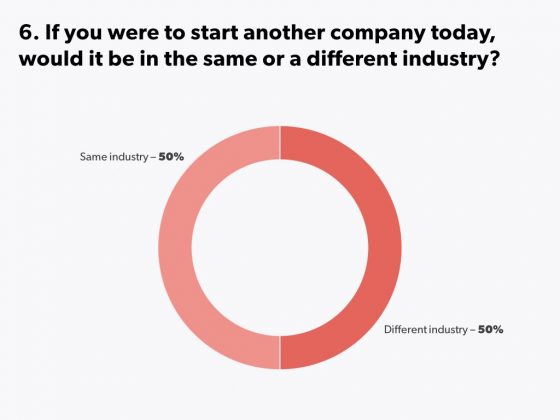
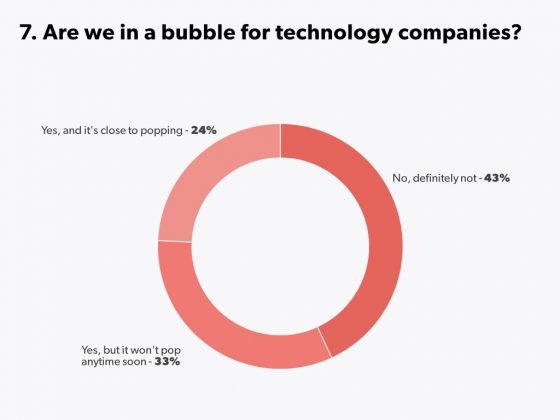
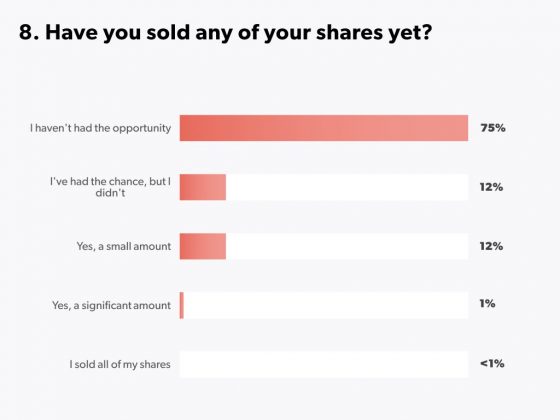

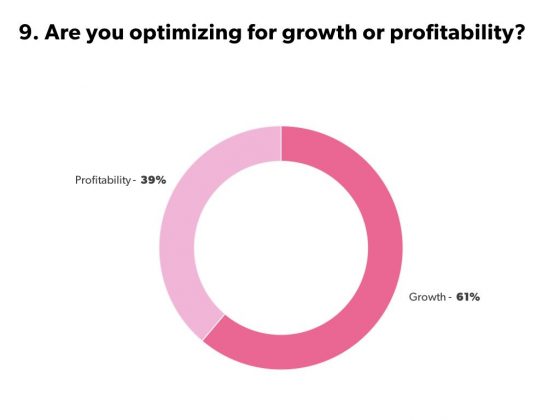
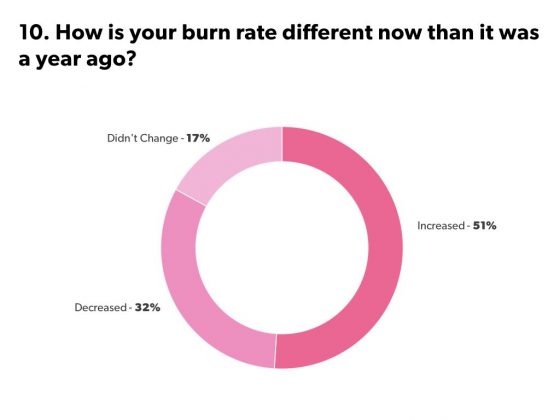
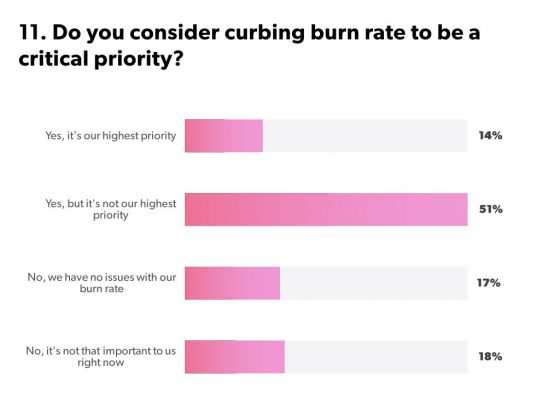
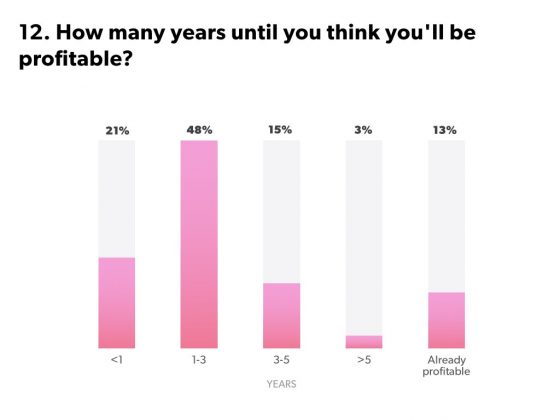

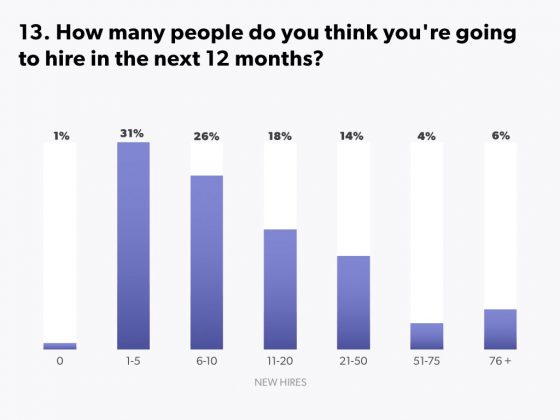
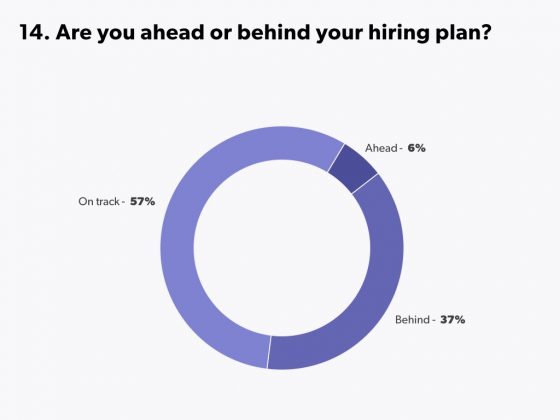
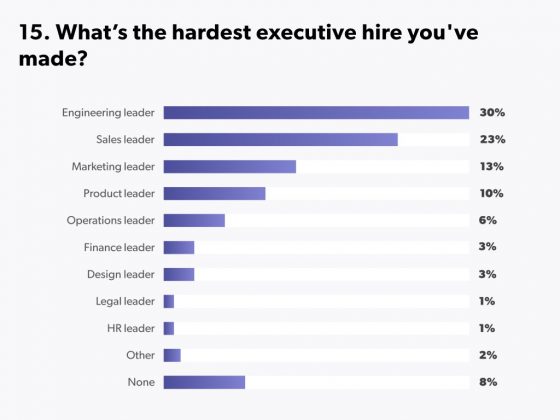
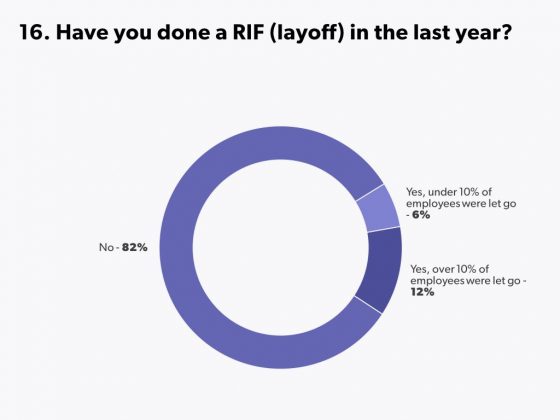

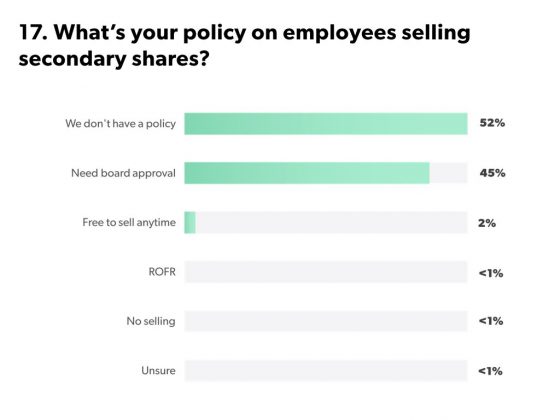
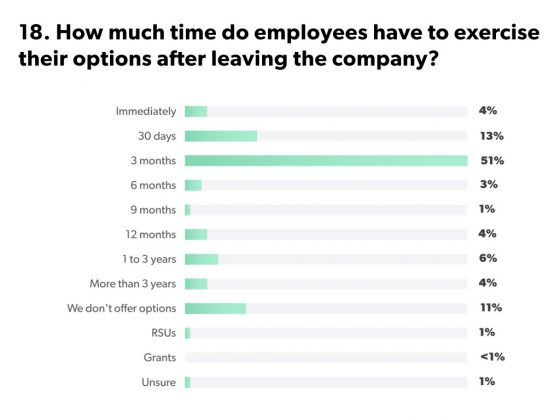
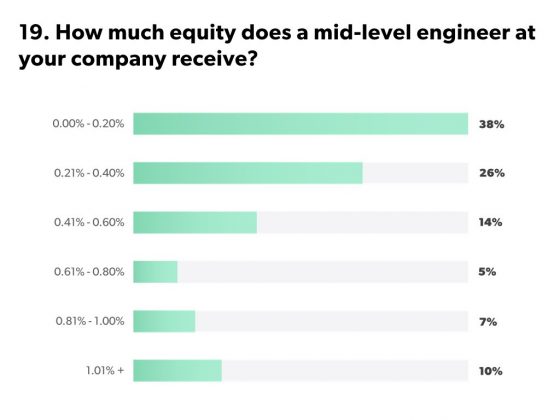
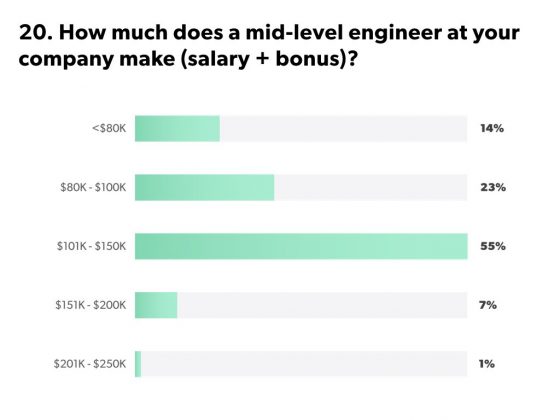

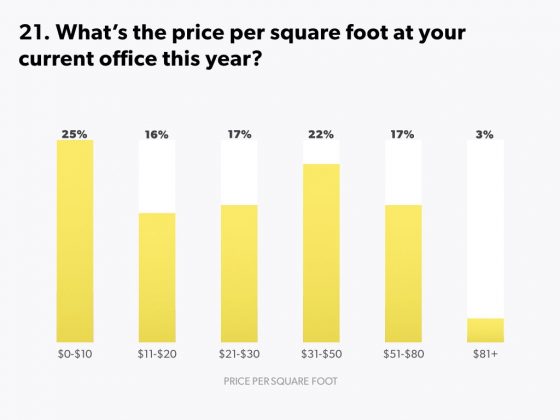
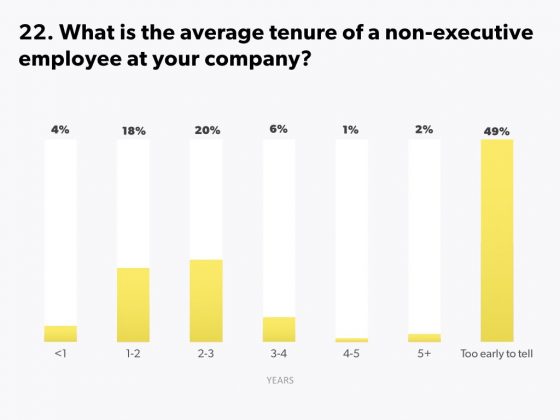
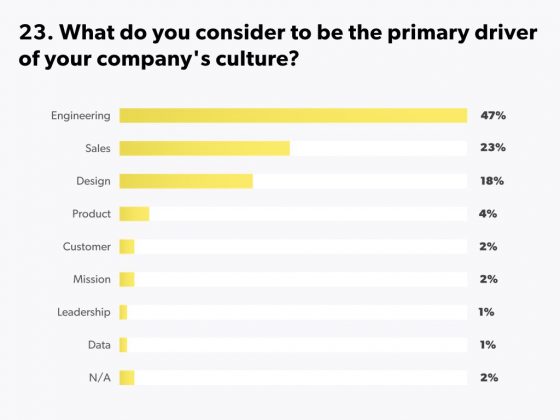
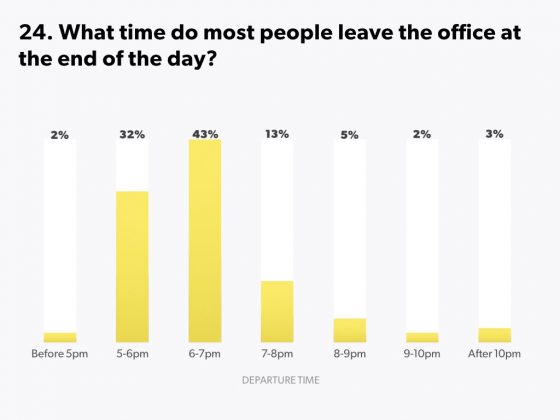

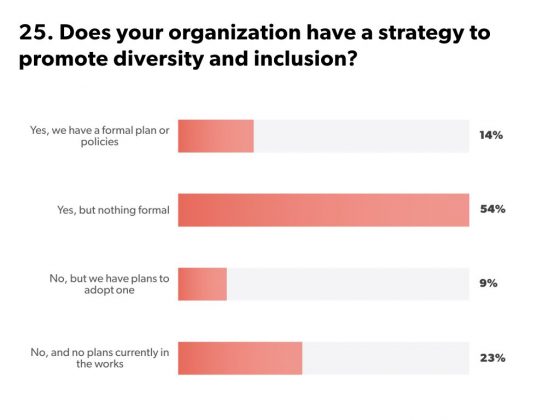
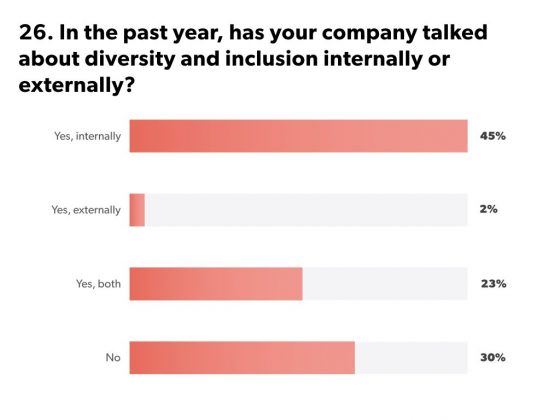
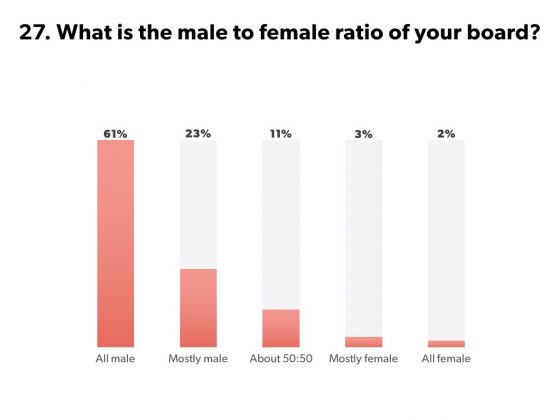
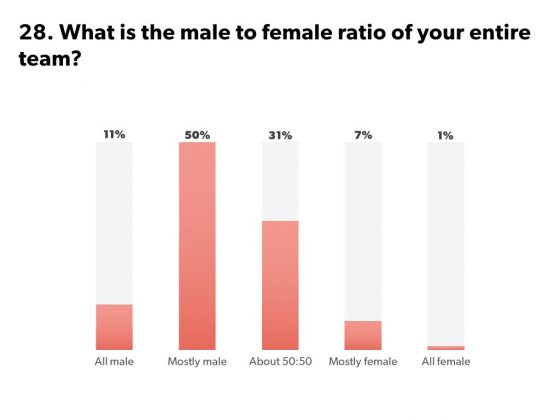

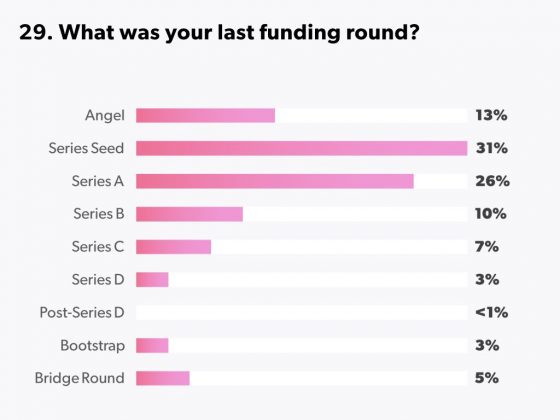
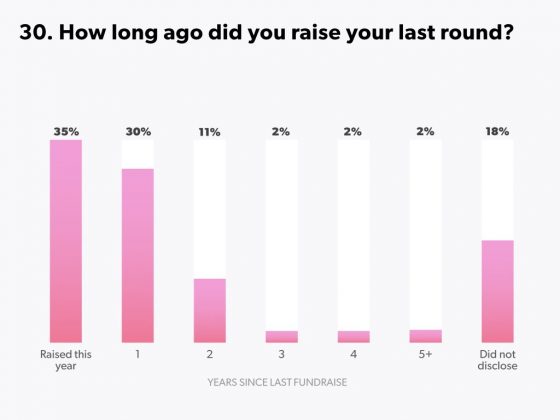
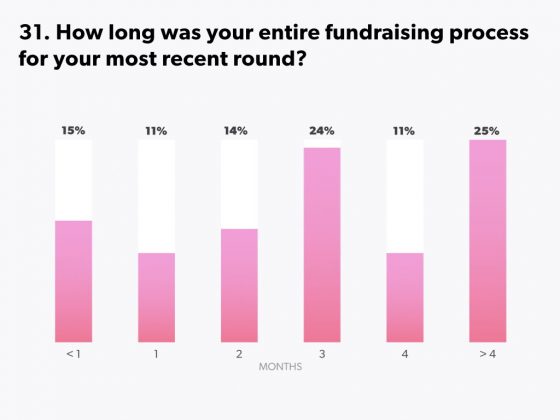
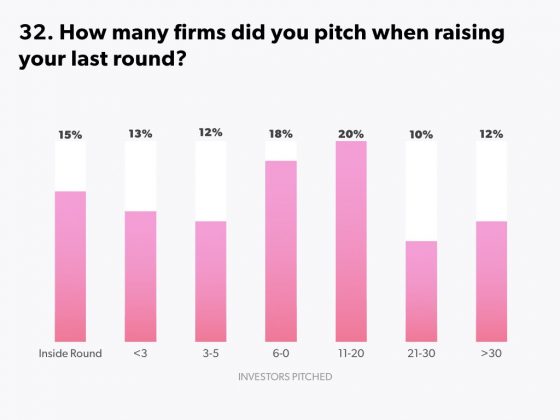
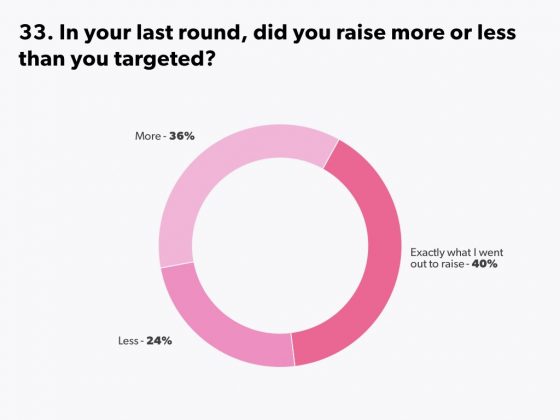
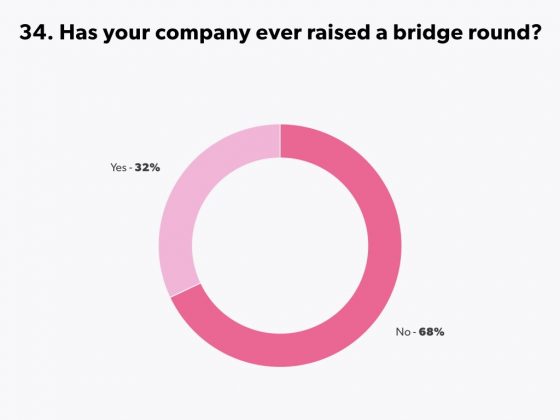
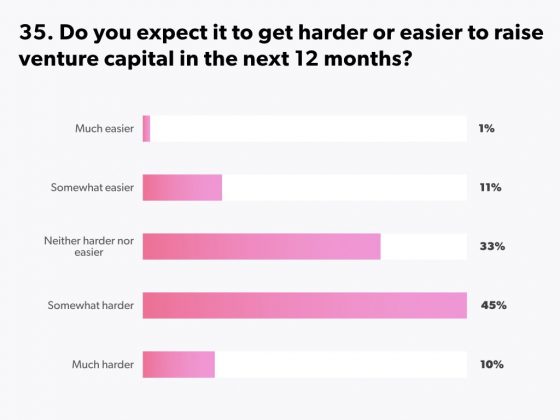
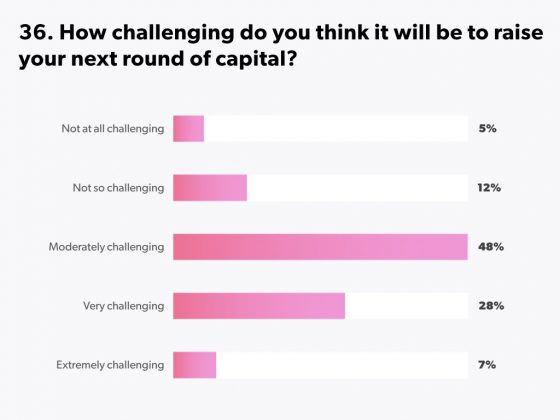

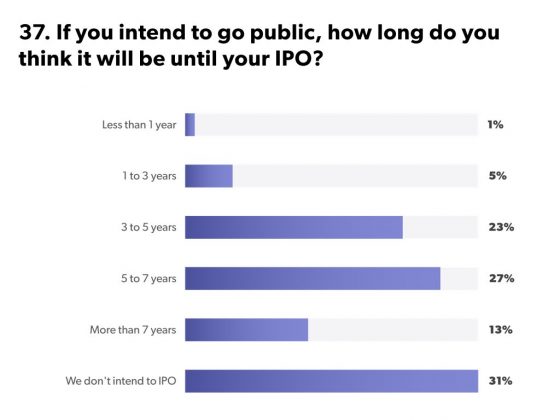
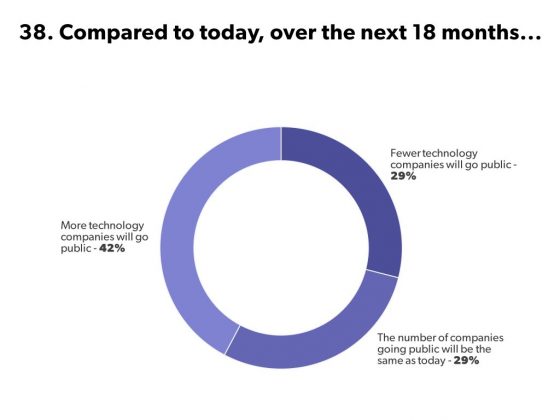
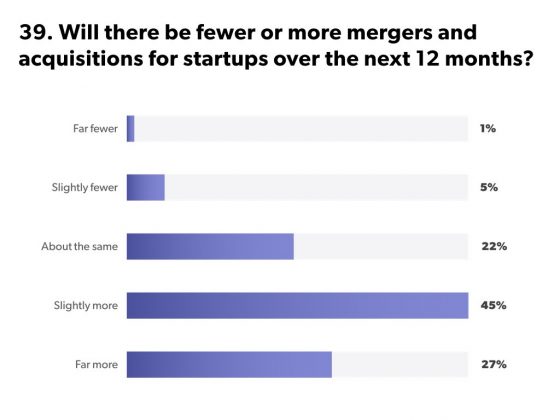
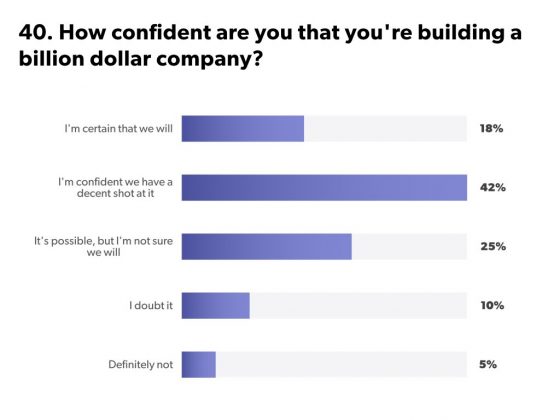

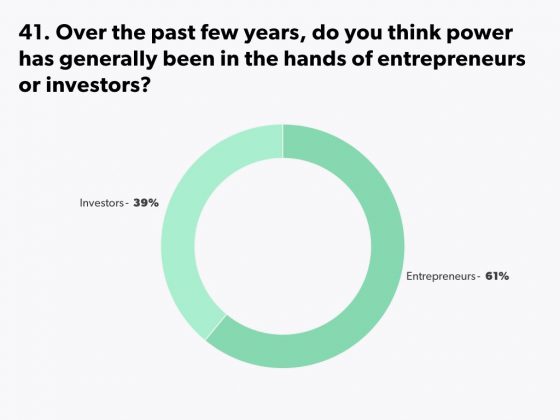
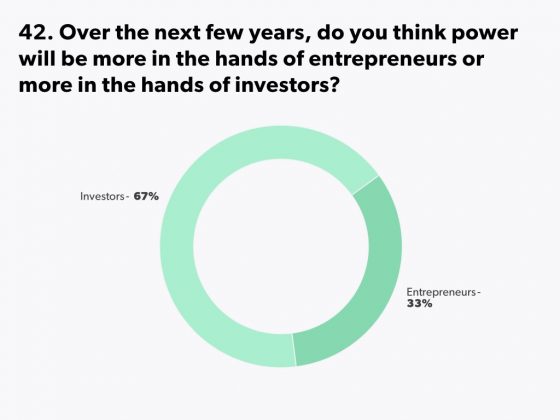
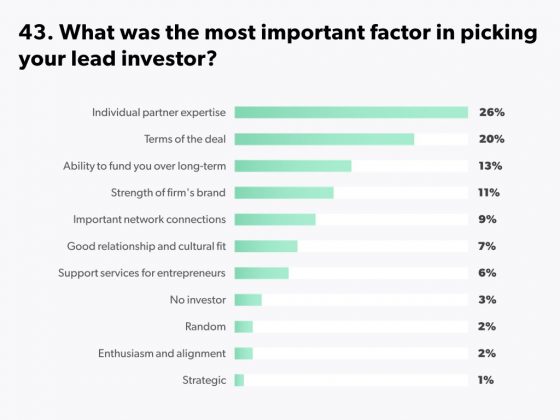
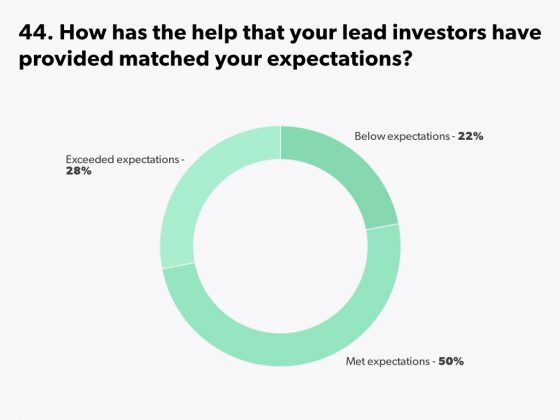

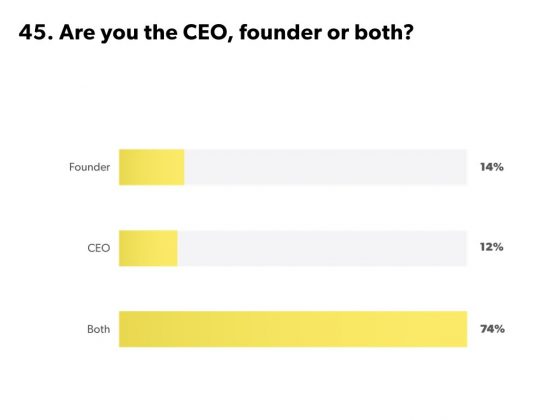
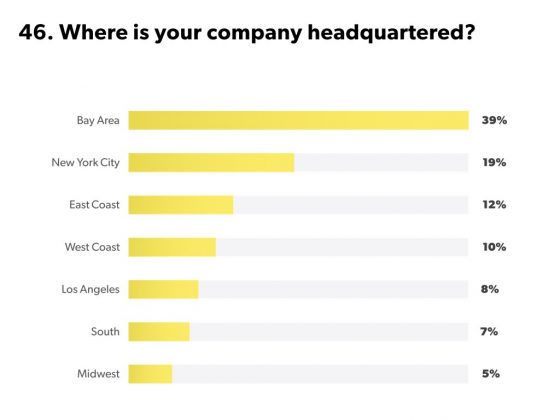
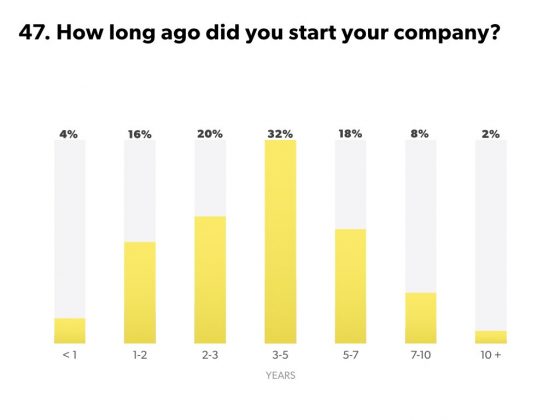
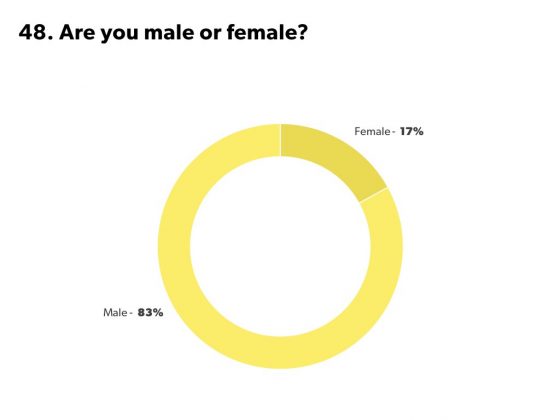

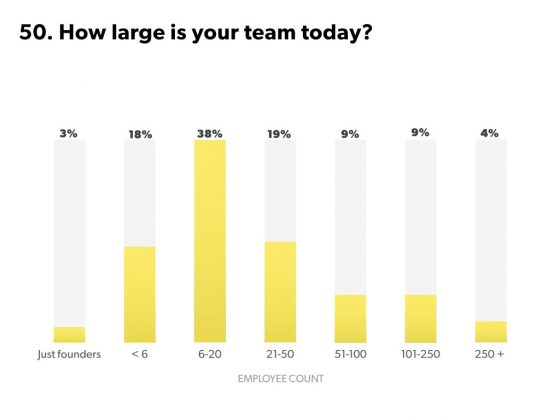
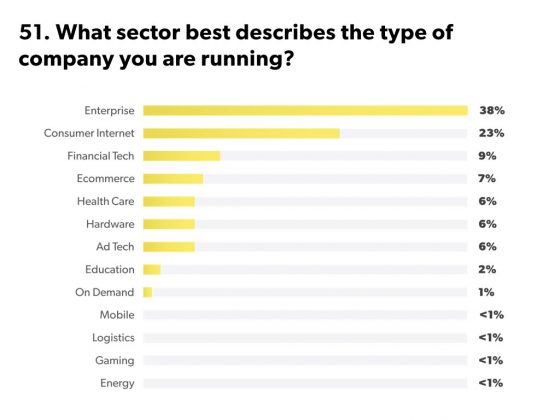
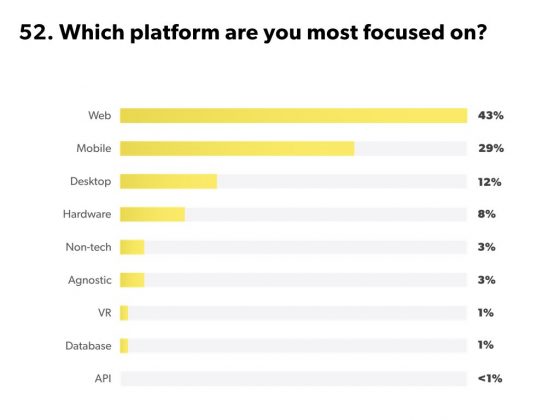







Hi Arthur,
Great read, thanks for creating a thorough guide! This is surprising to see that Europe seems to be getting more distinguishable as a startup hub. Keep up the great work!
Stan
Thanks for the comment, Stan, I’m glad that you liked the article. Stay tuned for more! 🙂